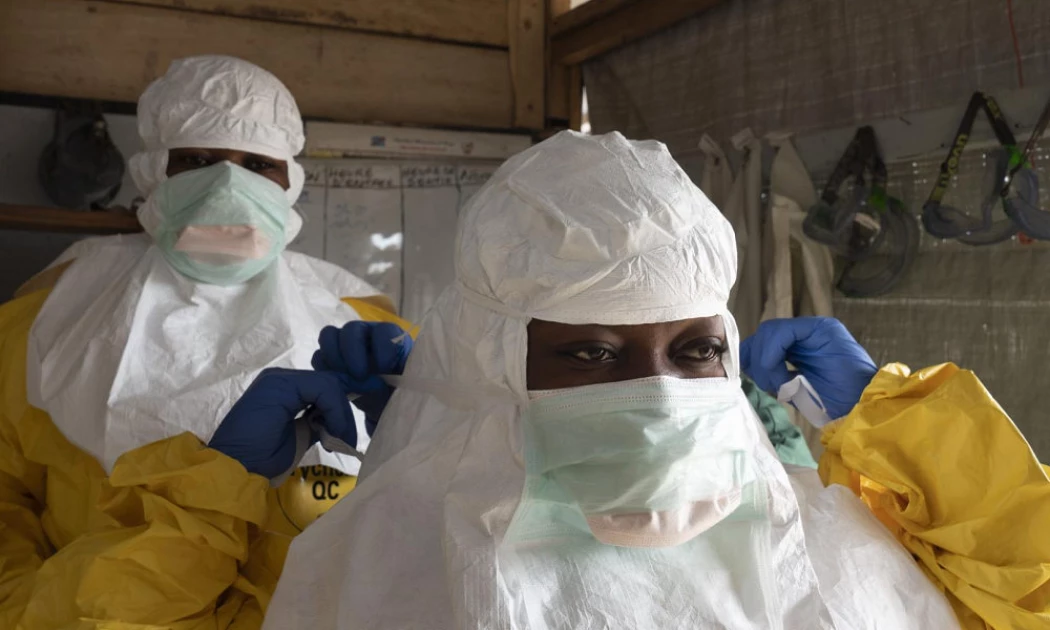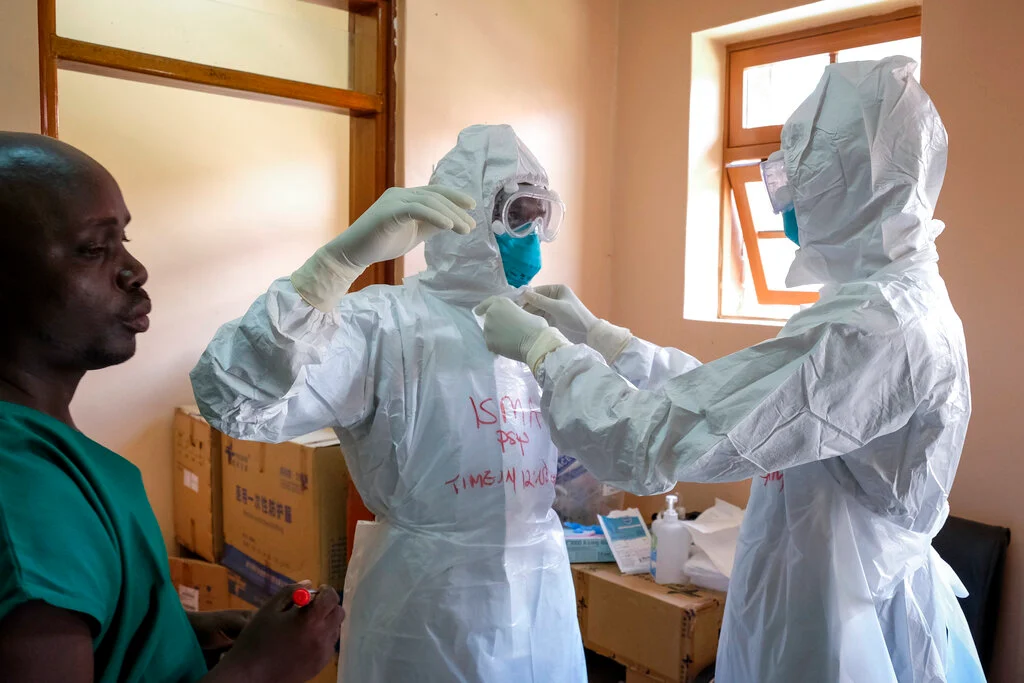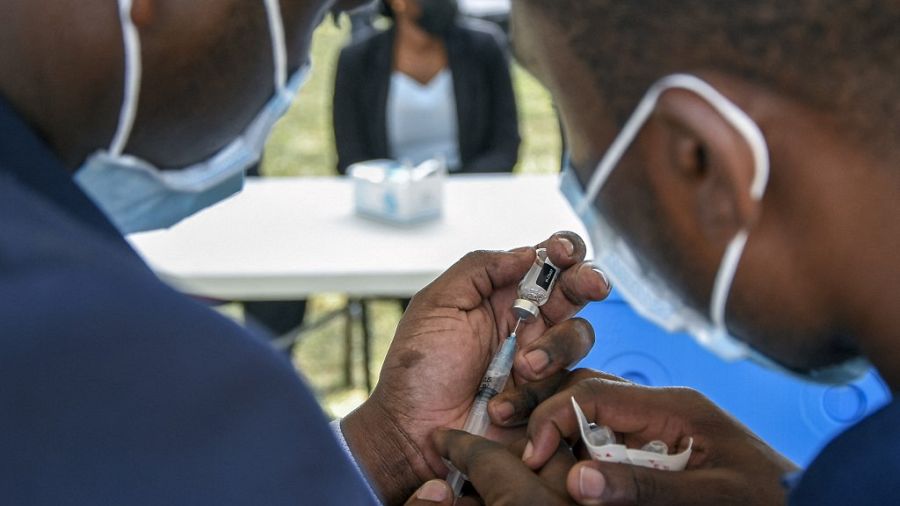The health ministry announced that Marburg haemorrhagic fever, a relative of Ebola, has been identified as the deadly illness that claimed five lives in Tanzania.
Health Minister Ummy Mwalimu stated that "our public health laboratory results have proven that this disease is caused by the Marburg virus," advising people to be patient because "the government has managed to stop the spread of the disease."
According to her, 161 contacts are being tracked down, and three people are currently being treated in the hospital.
"No need to be afraid or halt business operations because Tanzania is not the first. We have all the necessities we need to combat the contagious illness, "said Mwalimu.

Did you read this?
The Marburg virus is a very lethal bacterium that frequently results in bleeding, organ failure, and a high fever.
It belongs to the same category of the filovirus family as the Ebola virus, which has caused devastation during multiple prior outbreaks in Africa.
The African fruit bat, which carries the virus but is not affected by it, is considered the Marburg virus.
The virus can spread from the animals to nearby primates, including humans. It transfers from human to human by contact with blood or other bodily fluids.
According to the UN's World Health Organization, fatality rates in confirmed cases have varied from 24% to 88.6% in prior epidemics depending on the virus type and case care (WHO).

Although there are no vaccines or antiviral medications, early candidate vaccines, blood products, immunological therapies, and pharmacological therapies are considered prospective treatments, according to the WHO.
Equatorial Guinea, a nation in West Africa, has had an outbreak that has claimed eleven lives since it was first reported on January 7.









